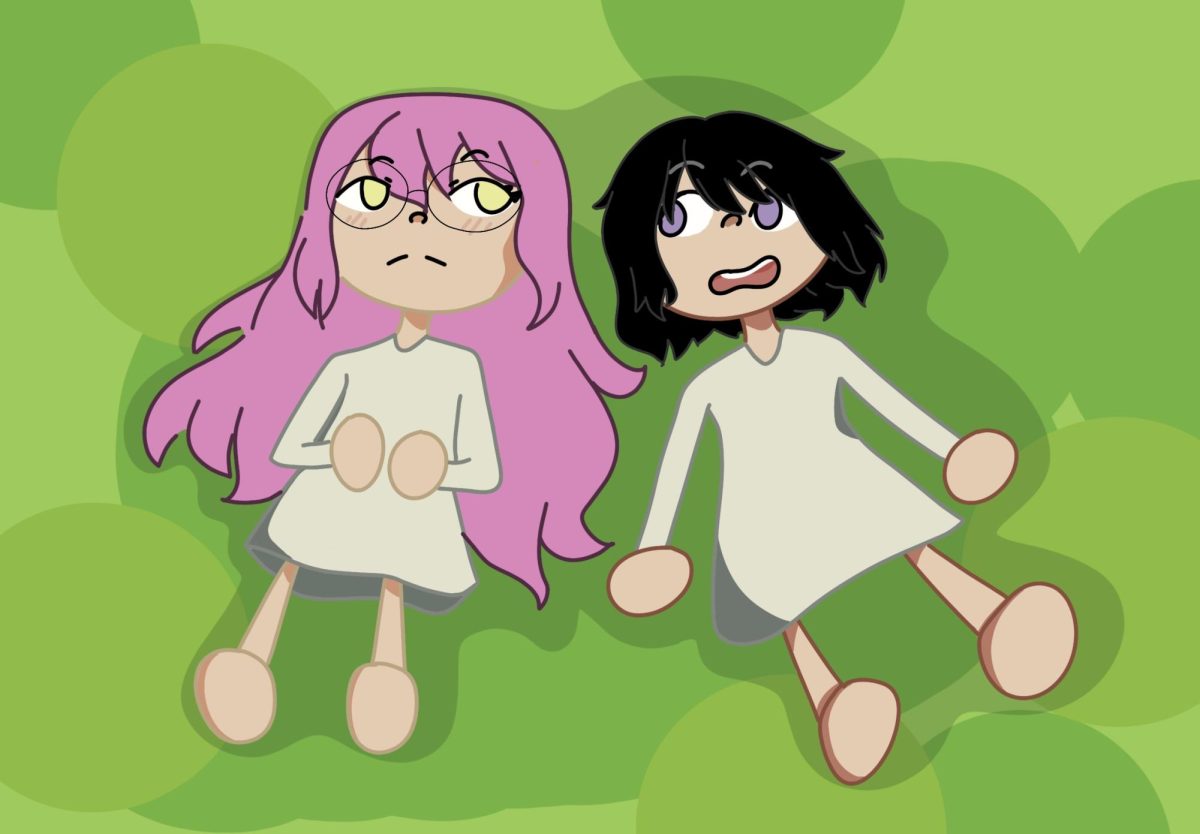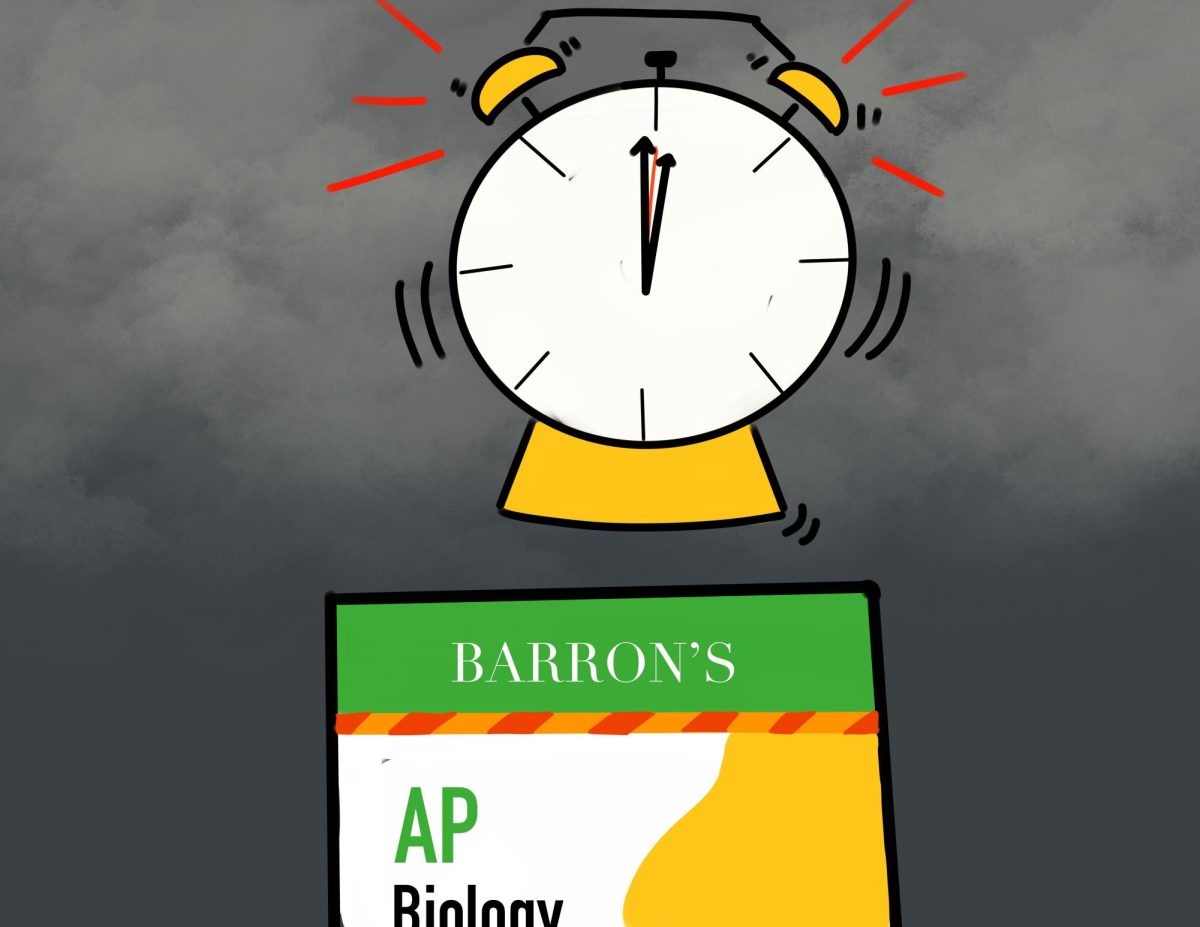Over the course of the last three years, The New York Times Games have transformed the relationship between the public and word puzzles. With over three million people who frequent the puzzle platform each day, games like Wordle, Connections, The Mini Crossword, and Spelling Bee have evolved into daily-routines for people of all ages and backgrounds.
Campo students are no exception to this rise of word game popularity as students have eagerly replaced more mindless video games with The New York Times’s flagship puzzles. With more cognitive benefits, opportunities for bonding experiences, and universality compared to other video games, NYT games serve both as fun activities, but also educational opportunities that should be utilized by teachers.
One educator already embracing NYT Games is Learning Skills teacher Liz Hughes who starts her classes each day with a puzzle warm-up. “It gets them into the act of thinking and getting ready for class in a fun way. It’s also a good way to get them to practice group work so that everyone is involved,” she said. She added that the games can be used both as a warm up or cool down activity and that any class, even math, can incorporate the games. “It’s not just about the words or the language, it’s also just about getting your brain ready to work.”
Social Studies teacher Diane Bessette also recently incorporated the game Connections into an Ethnic Studies assessment where she gave students an opportunity to design their own puzzle based around themes from a unit on Politics and Power. “It just kind of came to me that it would be a fun and different way to evaluate people’s understanding of the unit. So each student, on their own, had to develop 25 terms and had to develop their own categories.” She noted that students seemed very engaged and that the assessment was more popular due to the fun twist.
Aside from the cognitive benefits of NYT Games, the universality of games like Wordle and Connections is perhaps one of the most intriguing aspects they offer to the general public. Sophomore Sonal Patel, whose favorite game is The Mini Crossword, explained that what makes it so fun to her is its use of random facts. “It’s not only history or science, but it’s also on pop culture and random facts that are helpful to know in life.”
But perhaps the most hidden benefit of NYT games is the fact that they’ve curbed the popularity of other more mindless video games which have been known to cause distraction and issues in the classroom. Hughes weighed in by saying, “To me, they’re more educational. [Students] are using words, they’re making connections that you wouldn’t necessarily do in other video games.” When it comes to which of the game styles she’d rather see students playing in her class, Bessette said, “Of course [she’s] going to pick the word games.” “What I see is collaboration and a shared experience that in my understanding, is a lot more intellectual than violent video games,” she added.
Last year, the issue of banning popular games, despite their educational value, arose after Chess.com was removed from the AUHSD network. However, as noted in an 2023 Op-ed in The Claw about the issue, “Students will simply turn to less educational and more problematic sites to fill their desire for personal amusement during class time.” Therefore, it is absolutely crucial for teachers to embrace these new word games not only because of their educational quality, but because of the alternatives that could consume students’ lives instead.
The newest edition to The NYT’s puzzle empire is a game called Strands which involves a similar focus on finding links between words as Connections. Sophomore Logan Tsung explained that the game is “a spinoff of a word search but much harder because you can go in almost any direction for each letter.” First introduced in March 2024, this game has quickly become a cult classic and further treasure to NYT’s ample collection.
Looking ahead, the impact of NYT games will be nothing short of monumental as more and more students begin to adopt a daily puzzle routine. As seen through experiments by Bessette and Hughes, the games can also be used as tools for effective teaching in the classroom. But going forward, in order to fend off the growing sphere of distractions present in video games, teachers will need to implement the secret weapon of NYT Games to finally conquer the beast of digital distractions.


